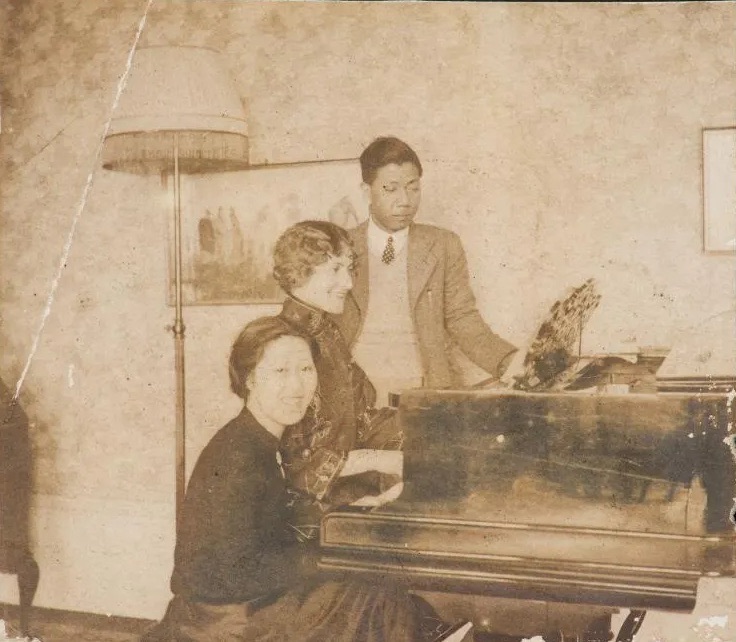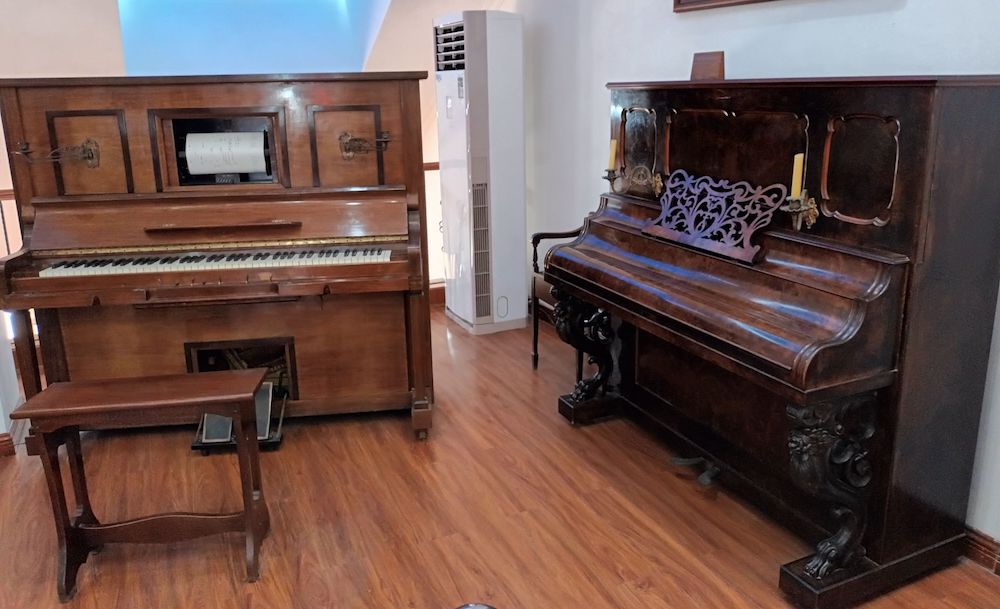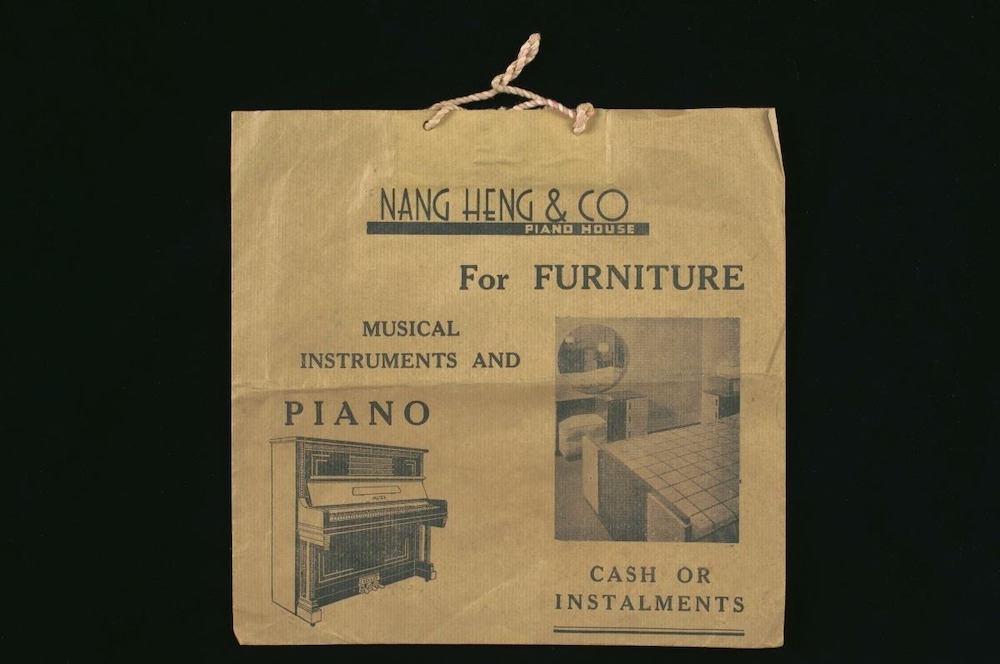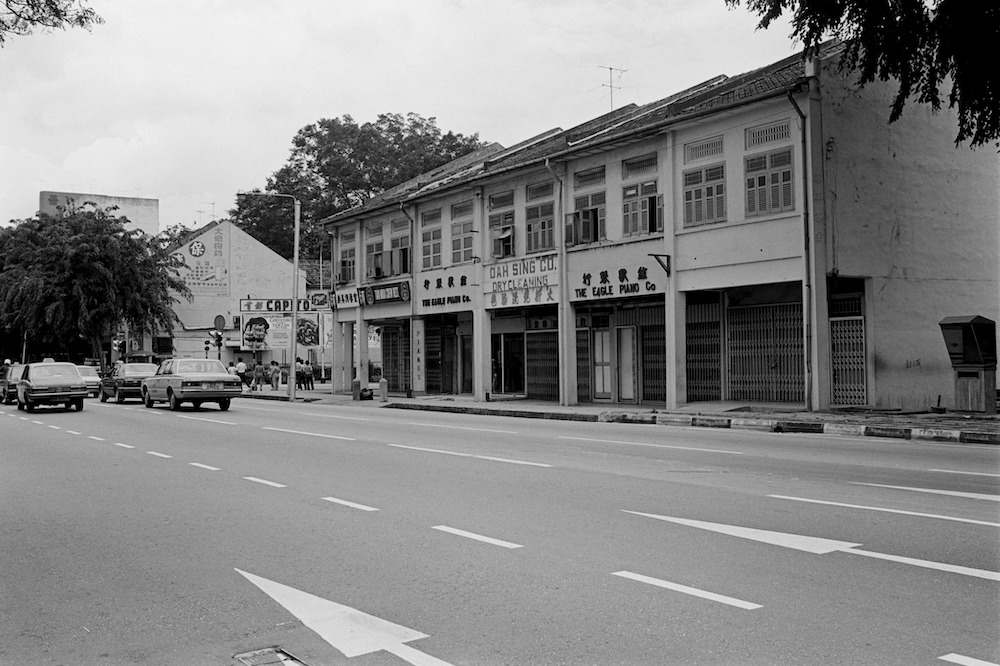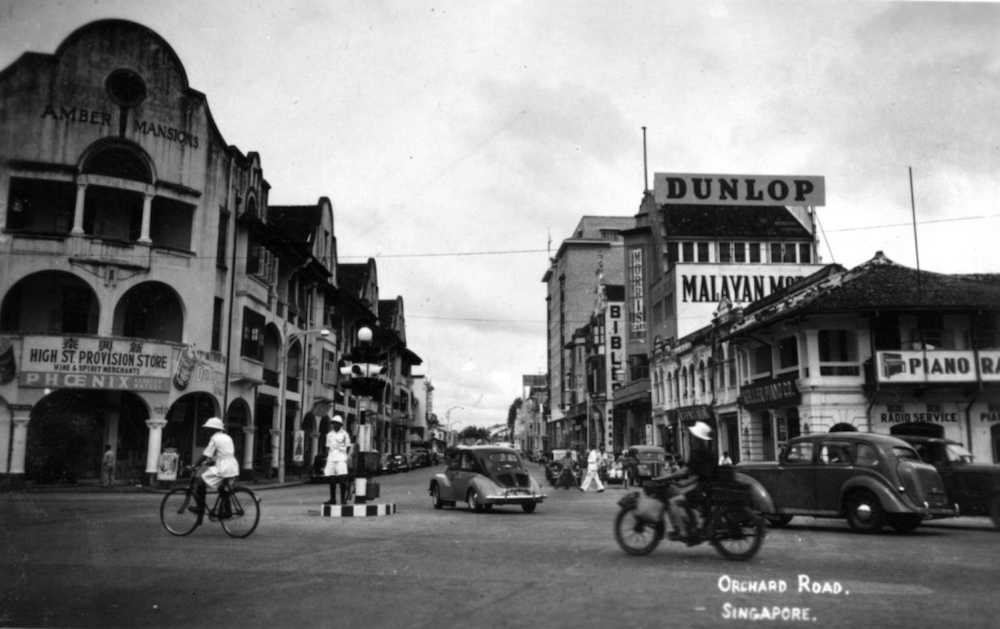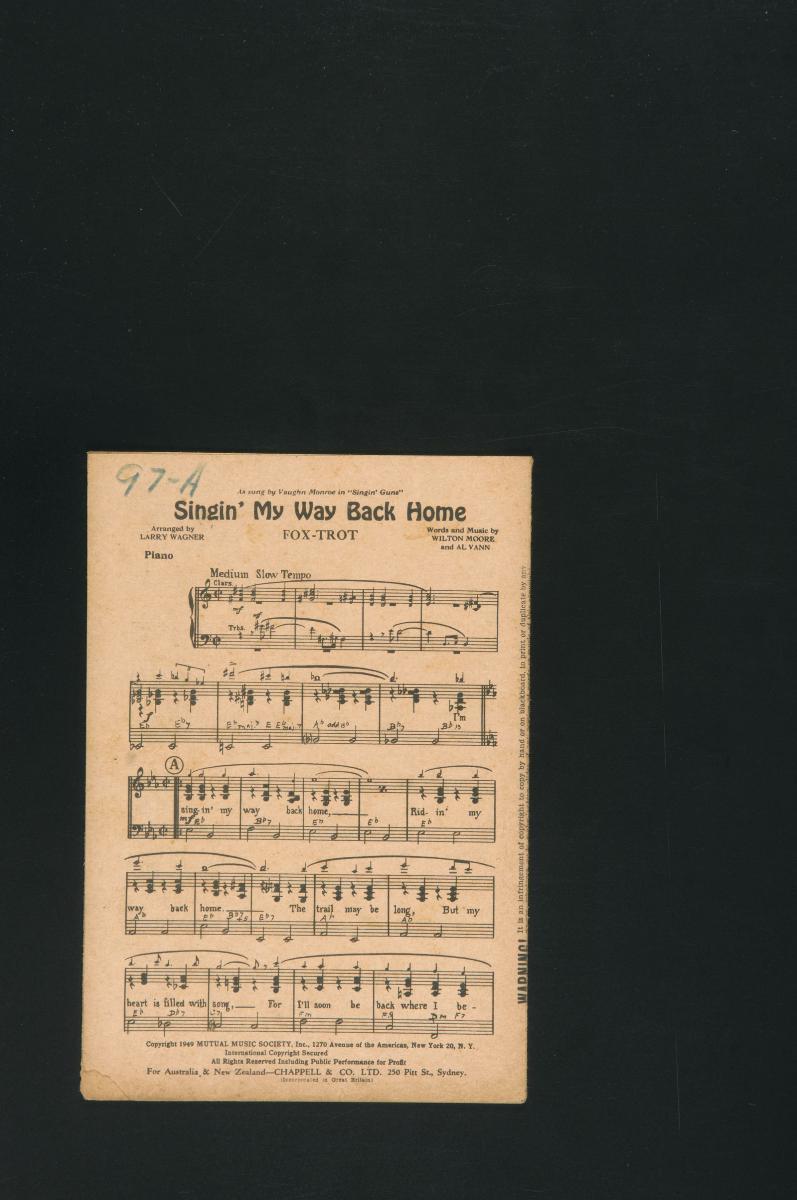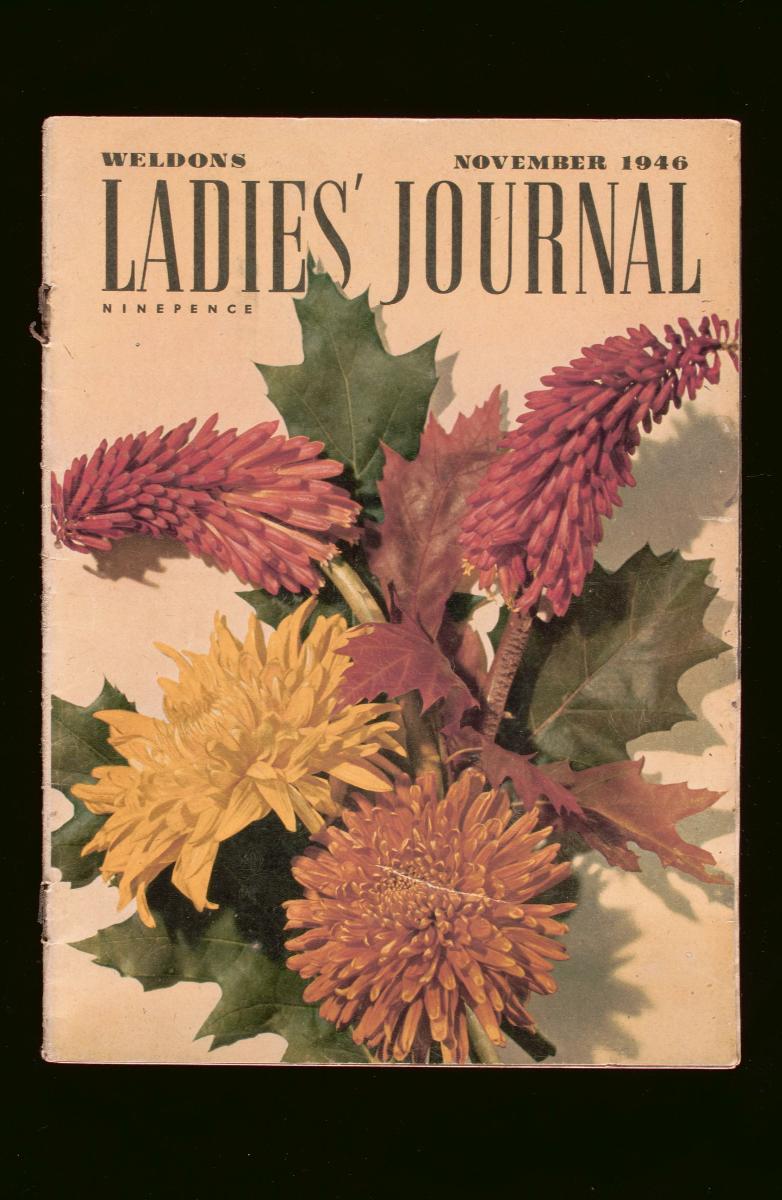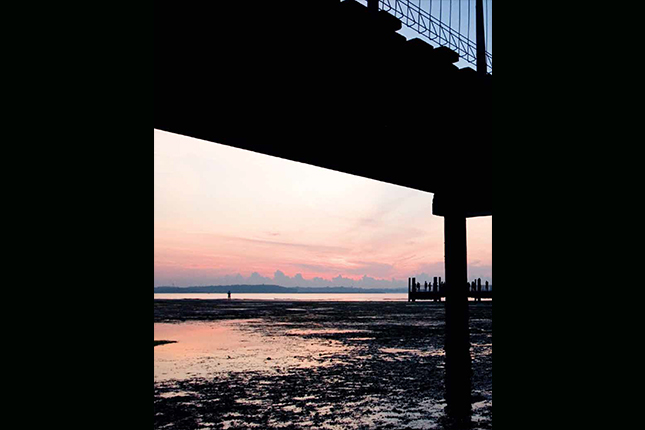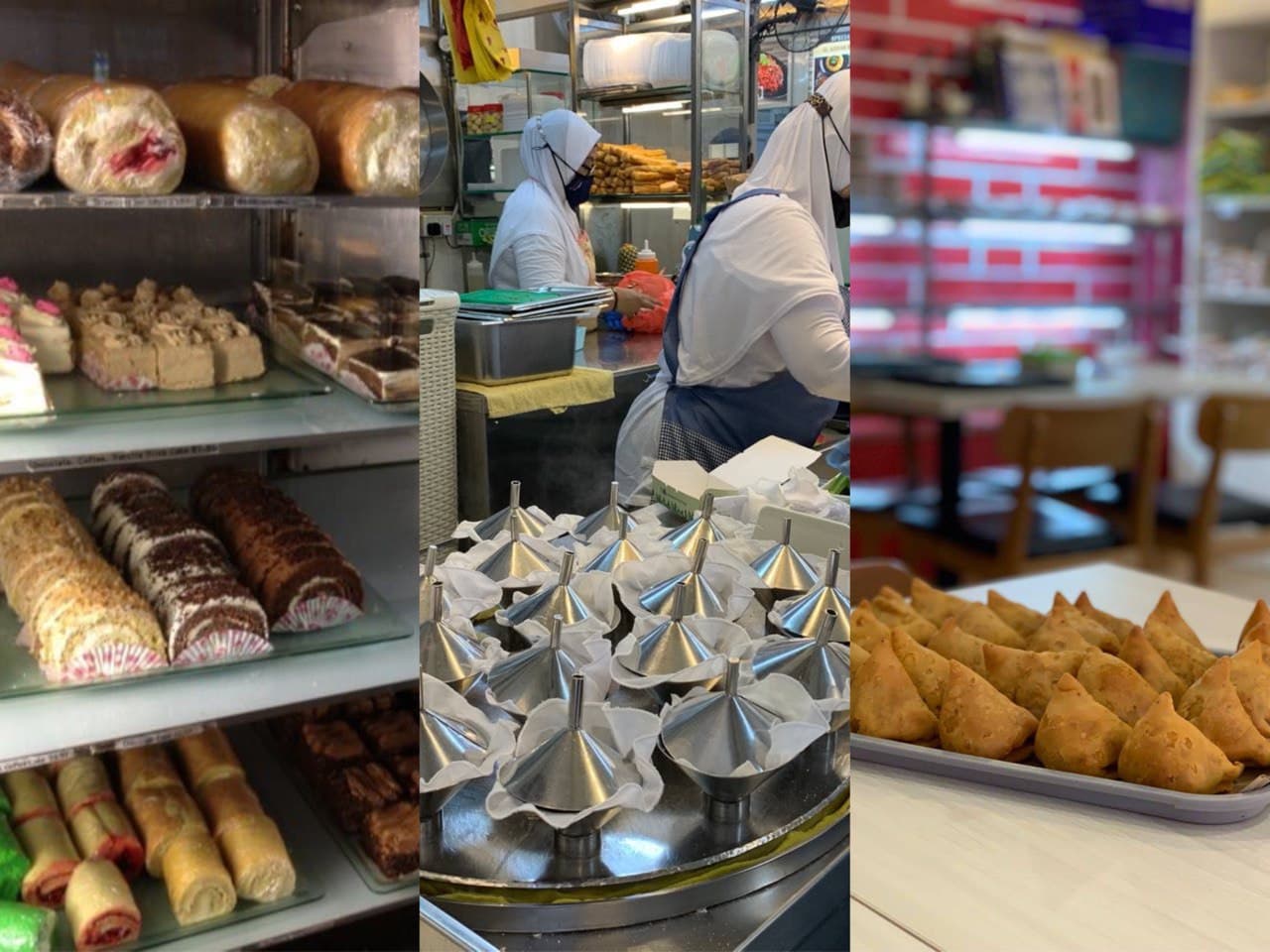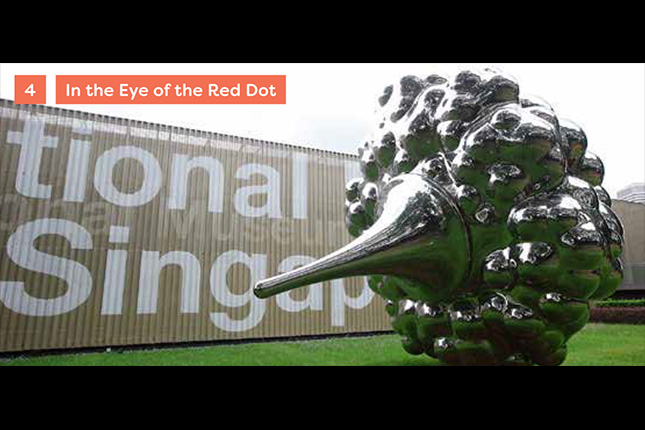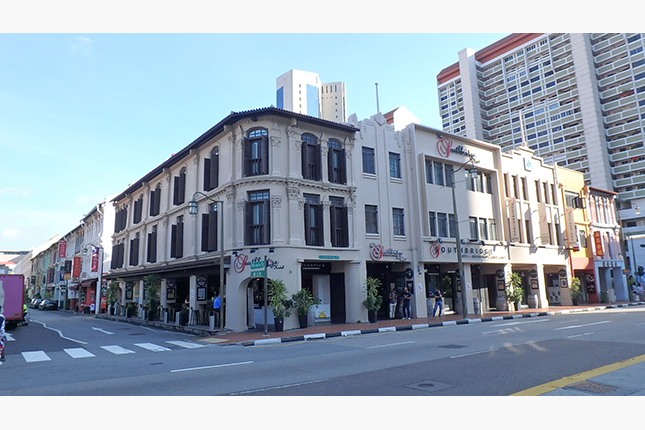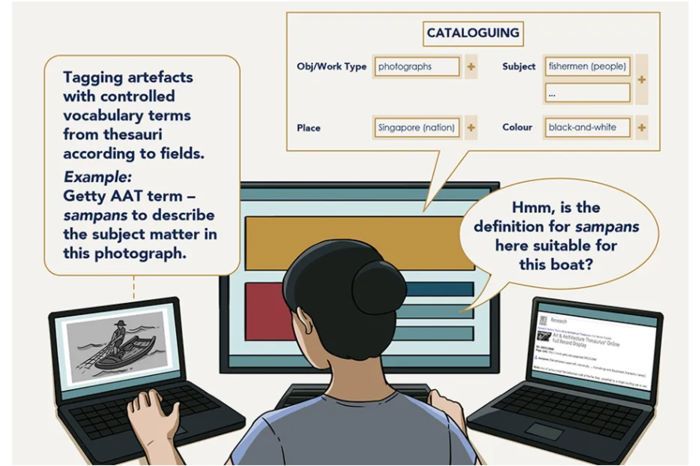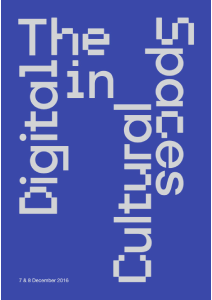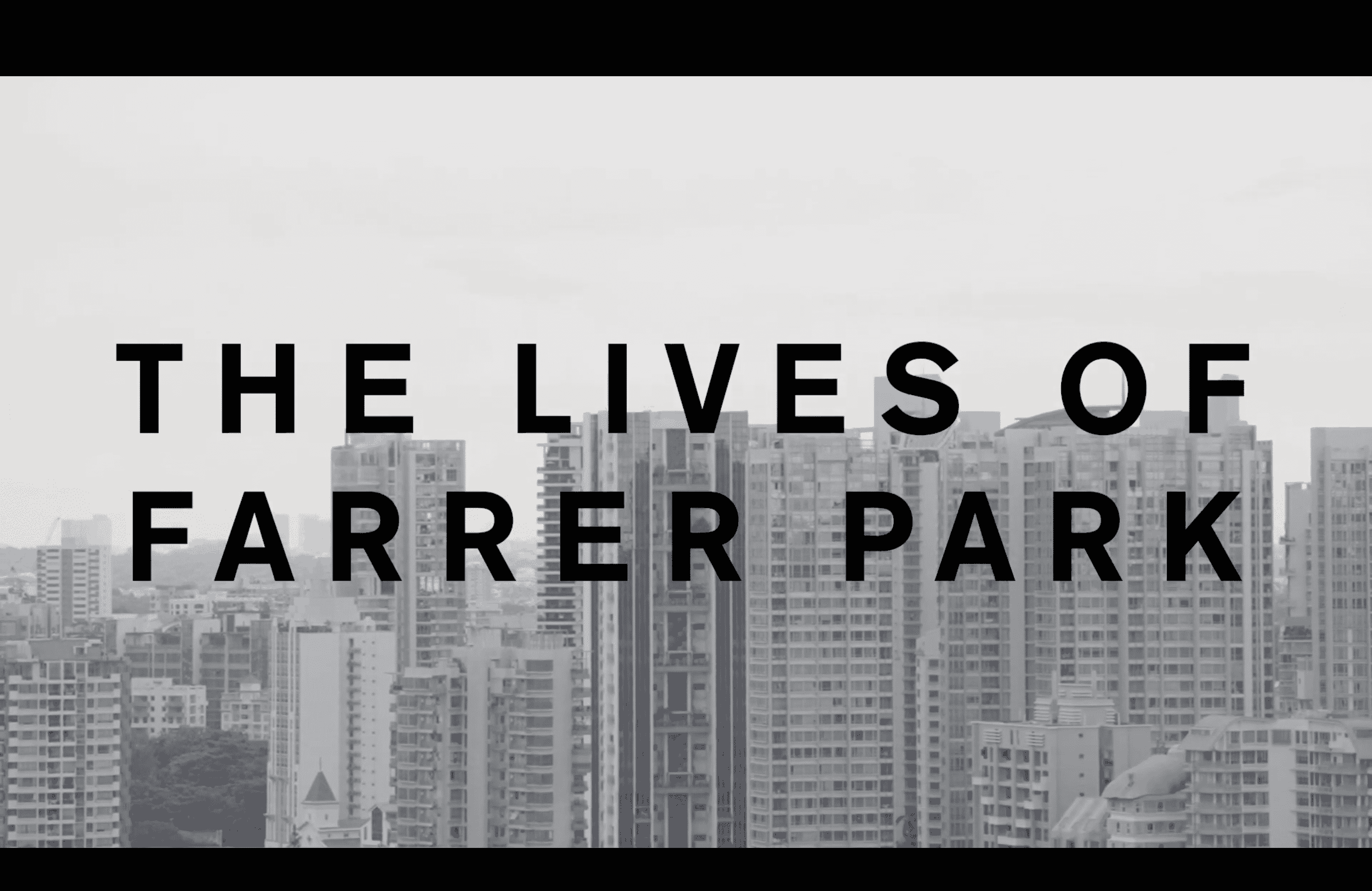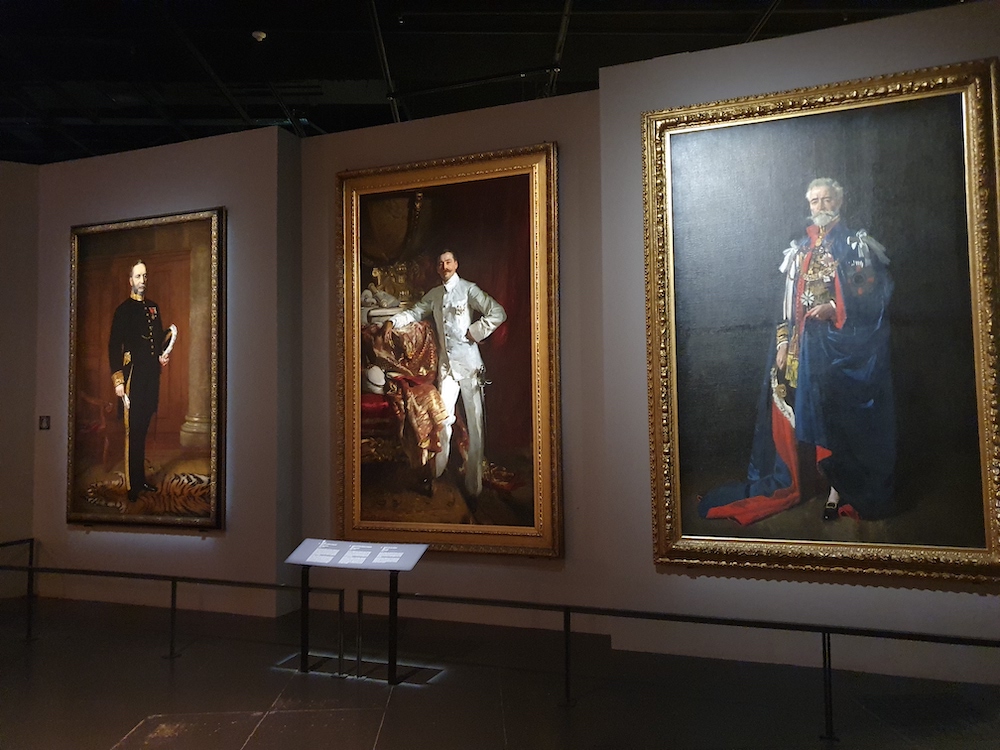TL;DR
Before large music corporations such as Yamaha and Cristofori Music entered the Singapore piano market,[1] piano learners and music enthusiasts shopped at piano companies operated mainly by the Shanghainese to buy musical instruments, sheet music, and records. A few of these companies are associated with the Chiu family and have been in the business for generations, establishing a dynastic presence in the industry.
Piano trade in Shanghai
To understand the history of these Shanghainese piano companies in Singapore, one must trace their origins back to where it all began: in Shanghai.
Italian Jesuit priest Matteo Ricci (1552-1610) presented the first clavichord, a stringed keyboard musical instrument akin to the modern piano, to the Wanli Emperor in 1601.[2] It remained a curiosity confined to the palace until the Treaty of Nanking in 1842. This treaty opened five trading ports, including Shanghai, allowing the British to trade and reside in China. It was at this time that the first modern piano was introduced to the imperial court. By 1848, merely six years later, pianos could be found in the homes of wealthy families in Beijing and Shanghai.[3]
The first piano business in China was set up by Londoner Sydenham Moutrie in 1850 in Shanghai. His main operations included selling pianos imported from England, repairing and maintaining pianos, and selling other musical instruments. Moutrie later expanded his business in 1870, hiring and training workers from Ningbo to assemble pianos, to save costs.[4]
According to Chiu Yeut Jin, Moutrie and Company hired about 100 Ningbonese workers during the early days.[5] His elder brother, Chiu Yue Cheng, became an apprentice at the age of 14 in 1925. He recalled spending three years at Moutrei and Company, undergoing traditional rites to become a disciple to his master, who was also from Ningbo. This involved kneeling and bowing three times to Lu Ban (鲁班), revered as the patron god of of woodworking, carpentry, and architecture, and his master, with offerings of fruits, biscuits, lit candles and incense. After mastering the skills of piano construction, maintenance, and repair, some apprentices left Moutrie and Company to start their own piano businesses.[6]
Shanghainese piano companies in Singapore
Some of the more adventurous Moutrie-trained Ningbo masters travelled beyond Shanghai to seek greener pastures. According to the Ningbo Gazette, Chiu Yue Cheng from Gaotang Village (高塘) set up a piano shop in Singapore during the 1930s, and about 10 piano shops in Singapore were founded by people from the same village with the surnames Wang/Wong (王), He/Ho (贺) and Qiu/Chiu (邱).[7]
The Ningbo population in pre-war Singapore was relatively small, numbering only about two to three thousand people.[8] According to the 1931 census, the Chinese population in Singapore was 418,640,[9] making the Ningbonese a very small minority group within the Chinese community.
China's exposure to western music during the mid-19th century came primarily through Christian schools, where children studied music and learnt to play the piano, violin and clarinet as part of the curriculum. Representing western modernity, the piano became a middle-class status symbol.[10] In Singapore, while the exact date of the piano’s introduction is unknown, records show that as early as 1887, pianist Herr Heinrich Kohler gave a piano recital at the Masonic Hall on Coleman Street. The Chickering piano Kohler used for this performance was on loan from an American firm.[11]
Before the Ningbonese monopoly in Singapore’s piano business, several European firms such as Robinson Piano Company and Moutrie and Company, had already established piano shops on the island.[12] With growing demand for musical instruments, the industry was transformed with the opening of Nang Heng and Company in 1922, by Ningbonese entrepreneur Wong Ah Meng. Within a few years, Nang Heng’s business expanded from a single unit at 65 Selegie Road to two units at 103-105 Selegie Road.[13] Lee Kip Lee, former Honorary Life President of The Peranakan Association, recalled visiting Nang Heng at Selegie Road during the 1930s and 1940s to buy music records.[14]
Interestingly, Nang Heng was also a furniture maker as the Ningbonese were famous for their craftsmanship. The company participated in the British Trade Fair for three years from 1935 to 1937, showcasing both their pianos and furniture.[15] Wong Ah Meng, the founder, had two children: a son, Wong Shian Yein, and a daughter, Wong Yuek Ngow, who was married to Chiu Seck Joo.
Chiu Seck Joo arrived in Singapore in 1919 when he was only 20. He learnt the craft of piano repair and tuning from his father-in-law, and, as the business grew, he brought in workers from his hometown as apprentices.[16] Chiu Yue Cheng and Chiu Yeut Jin, who were Shanghai Moutrie-trained as earlier mentioned, were Chiu Seck Joo’s nephews who started their careers at Nang Heng upon their arrival in Singapore.
Over time, many employees left Nang Heng to open their own piano repair, tuning and sales businesses. Chiu Seck Joo’s nephews Chiu Yue Cheng and Chiu Yeut Jin started Eagle Piano Company before the war in 1938. Yeut Jin’s expertise in piano tuning was widely sought after; he tuned pianos for the Singapore Symphony Orchestra, churches, schools and private homes. He even travelled to Brunei and Malaysia to tune pianos.[17]
During the war, there was no business for piano companies except for the rare occasion where Japanese-owned pianos required tuning. European-owned piano companies closed for good when they left the country before the war. According to Chiu Yue Cheng, Moutrie opened briefly after the war, but ultimately shut down due to business losses.[18]
Their uncle Seck Joo started Keller Piano in 1945, while Wong Shian Yein continued to run Nang Heng.[19] According to Dolly Chiu, Seck Joo’s youngest daughter, the three families remained close and often had gatherings.[20] Seck Joo’s youngest son, Robert Chiu Nang Yeoh, opened a piano company in 1966 called Robert Piano. It gradually expanded from one head office to four outlets, with his daughters Serene and Joanna helping him helm the business, which also included music schools, a fine arts school and a music teachers’ club.[21]
Seck Joo’s second son, Abraham Chiu Nang Yang, took over Keller Piano upon his father’s retirement. The business continued into the third generation, with his daughter, Patricia Chiu, who worked as a tuner at Keller Piano. Patricia was trained at the London College of Furniture, completing a piano tuner and technician course. She further honed her skills through an apprenticeship at the piano factory of Barett Robinson in London.[22]
Renner Piano is another company with ties to the Chiu family. In 1930, Shanghai Moutrie-trained Ho Yung Ching arrived in Singapore. He worked in a European-owned piano shop as a tuner until the Second World War, when the owner fled Singapore. He struck out on his own and registered his company, Renner Piano, in 1949. He married Chiu Say Chung, the sister of Eagle Piano Company's Chiu Yue Cheng, further strengthening the familial connections within the industry.[23]
Two more nephews of Chiu Seck Joo also joined him at Nang Heng just before the Second World War. Chiu Yeo Ding and his younger brother, Chiu Yeo Teck went on to start their own piano businesses in the late 1940s. Their first enterprise, which operated from a three-storey shophouse along Cairnhill Road, ended abruptly in 1950 when they had to vacate the space for redevelopment. Undeterred, they started bidding for pianos left behind by the colonial administration and British army. They restored them and sold them as second-hand pianos. In the mid-1950s they launched their second piano business, Singapore Piano, selling new pianos. Differences in opinions led the brothers to part ways, and Yeo Teck started Chiu Piano in 1979. By this time, Yeo Teck's son Ernest had joined his father in the business.[24] As for Singapore Piano, Bing Chiu took over the business from his father, Yeo Ding, when he retired[25]
Other piano companies opened by Ningbonese owners include Shanghai Moutrie-trained Hoe Fook Ling’s Union Piano (formerly Kinnear Piano),[26] and the Eastern Piano opened by Ho Vung Chun in 1939. Ho’s son-in-law, Liew (Lin Quan) started L J Liew Piano Company, and his son Liew Nam Mong took over the business after his death in 1961.[27]
As musical hobbies and interests evolve over time, these piano companies face challenges such as a lack of successors, difficulties in hiring suitable workers, business competition and rental hikes. Some companies like Chiu Piano have responded by highlighting their industry history on their websites in a bid to create awareness and differentiate themselves. Others have faced more drastic changes; Renner Piano closed permanently when its business venue at Peace Centre was slated for demolition and redevelopment in 2024. In contrast, Robert Piano has diversified its business portfolio to spread risks and look for new growth areas. It remains to be seen how these dynastic companies will stand the test of time.
Notes
[2] Melvin, Sheila. (2004). Rhapsody in red: how western classical music became Chinese. New York: Algora Pub, p. 53. (Call No.: 781.680951 MEL)
[3] 孙韵. (2020). 上海早期钢琴教育的起源. 乐府新声(沈阳音乐学院学报), 38 (01), p. 123. (From NLB eResources: China Academic Journals Full-text Database)
[4] 井上さつき. 上海のモートリー商会と近代日本のピアノ製造, pp. 37-38, accessed 10 September 2024, https://core.ac.uk/download/524965504.pdf; Piano manufacture in Shanghai, Pinang Gazette and Straits Chronicle, 17 May 1895, p. 3. Ningbo is a city in Zhejiang, an eastern coastal province that is bordered by Jiangsu and Shanghai to the north.
[5] Chiu Yeut Jin, oral history interview by Ang Siew Ghim, 26 June 1992, MP3 audio, Reel 1, 30:45, National Archives of Singapore (accession no. 001367), 06:31.
[6] Chiu Yue Cheng, oral history interview by Jesley Chua Chee Huan, 4 June 1992, MP3 audio, Reel 1, 30:46, National Archives of Singapore (accession no. 001348), 02:27; 04:57; 09:26-11:42.
[7] 宁波市镇海区人民政府.政务. (2023). 镇海县志简介, accessed 10 September 2024, https://www.zh.gov.cn/art/2023/7/26/art_1229624687_59005990.html
[8] 区如柏. 宁波人雄踞钢琴行业 长袖善舞外,亦是知音人, 联合早报, 26 June 1988, p. 42. (From NewspaperSG)
[9] Saw Swee-Hock. (1980). Demographic trends in Singapore. Singapore: Dept. of Statistics, p. 16. (Call no.: RSING 301.32095957 SAW)
[10] Madeleine Thien. After the Cultural Revolution: what western classical music means in China. The Guardian, 8 July 2016, accessed 14 Jan 2024, https://www.theguardian.com/music/2016/jul/08/after-the-cultural-revolution-what-western-classical-music-means-in-china
[11] Herr Kohler's Pianoforte Racital, Straits Times Weekly Issue, 31 August 1887, p. 10. (From NewspaperSG)
[12] Robinson was established in 1875 at 5, Battery Road, according to an advertisement from The Straits Times dated 19 August 1895; the earliest advertisement for Moutrie was from The Singapore Free Press and Mercantile Advertiser (1884-1942) dated 15 June 1909.
[13] Obituary, The Straits Times, 17 December 1945, p. 2; Piano Tuner, The Singapore Free Press and Mercantile Advertiser (1884-1942), 11 December 1923, p. 5. (From NewspaperSG)
[14] Lee, Kip Lee. (1999). Amber sands: a boyhood memoir. Second edition. Singapore: Federal Publications, p.13. (RSING q920.71 LEE)
[15] A very wide range of products, Malaya Tribune, 4 May 1935, p. 2; Enterprising music shop, Malaya Tribune, 30 April 1936, p. 3; Messrs. Nang Heng & Co., Malaya Tribune, 8 May 1937, p. 5. (From NewspaperSG)
[16] Piano 'pioneer' dies of heart attack, The Straits Times, 18 March 1971, p. 27. (From NewspaperSG)
[17] 巧手匠心各专所长, 联合早报, 10 January 1988, p. 11. (From NewspaperSG)
[18] Chiu Yue Cheng, oral history interview by Jesley Chua Chee Huan, 4 June 1992, MP3 audio, Reel 3, 30:42, National Archives of Singapore (accession no. 001348), 00:30-01:15.
[19] Opening of Keller Piano Co. in a "V" year, Malaya Tribune, 6 November 1945, p. 2/3. (From NewspaperSG)
[20] Dolly Chiu, oral history interview by Ghalpanah Thangaraju, 28 March 2002, MP3 audio, Reel 2, 29:18, National Archives of Singapore (accession no. 002638), 19:27-19:59.
[21] Koh Joh Ting. The piano man, The Straits Times, 5 January 2006; Company history. Robert Piano, accessed 16 September 2024, https://robertpiano.com/company/about2/
[22] Patricia Goh. Pat's hands were made for tuning. The Business Times, 17 January 1983, p. 6. (From NewspaperSG)
[23] 半生缘一世琴——老琴行最后的琴音, 联合早报, accessed 13 September 2024, https://www.zaobao.com.sg/lifestyle/culture/story20220925-1315866
[24] Our heritage. Chiu Piano, accessed 11 September 2024, http://www.chiupiano.com.sg/ourheritage
[25] Lim Kwee Lan. Pianos are the keys to success for family-run business. Weekend East, 25 July 1997, p. 14. (NewspaperSG)
[26] About us. Wagner Piano Sdn Bhd, accessed 11 September 2024, https://www.wagnerpiano.com.my/about-us/1000/
[27] 区如柏. 宁波人雄踞钢琴行业 长袖善舞外,亦是知音人, 联合早报, 26 June 1988, p. 42. (From NewspaperSG); 林元宁,杨建森. 宁波钢琴百年——南军走出国门 东南亚称雄, accessed 16 December 2024, https://www.interpts.com/index.php?c=show&id=1271; 谢燕燕. 你弹琴我调音, 联合早报, accessed 16 December 2024, https://www.zaobao.com.sg/zlifestyle/powerup/story20170814-786872




